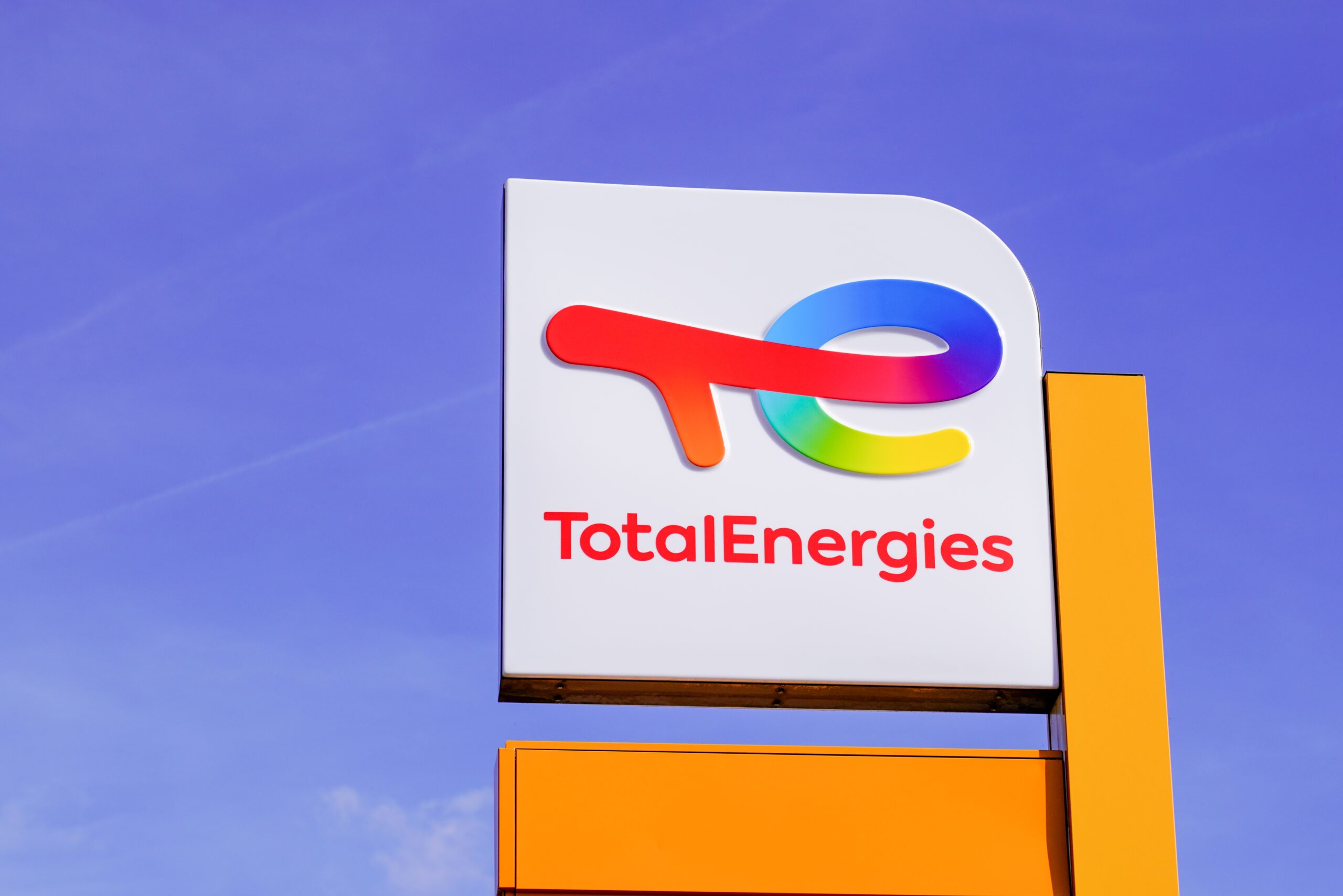
TotalEnergies will include a climate resolution in its upcoming annual general meeting (AGM) but urges shareholders to reject it, the company said in a statement on Friday.
“The proposed resolution does not provide a credible response to the challenges of climate change and would be contrary to the interests of the Company, its shareholders and its customers,” the statement read.
Activist shareholder group Follow This proposed the motion. Earlier this month, the group and other investors filed a resolution calling for the company to do more to cut emissions, stating that current targets do not align with the goals of the Paris agreement, which seeks to limit global warming by 1.5°C.
“We’re dealing with companies that don’t want to change. Of course, they want to invest a bit in renewable energy, but the bulk is in fossil fuels, and they want to remain oil and gas companies as long as possible,” Follow This founder Mark van Baal said at the time.
In a statement, a spokesperson for TotalEnergies said: “The indirect emissions reported by TotalEnergies under Scope 3 correspond to the direct (Scope 1) emissions of the consumers of these products: the Company’s customers, who decide to use the products.
“TotalEnergies does not make airplanes, cars, cement, or steel, but rather supplies energy products that are used or converted by other industries to make products and goods.
How well do you really know your competitors?
Access the most comprehensive Company Profiles on the market, powered by GlobalData. Save hours of research. Gain competitive edge.

Thank you!
Your download email will arrive shortly
Not ready to buy yet? Download a free sample
We are confident about the unique quality of our Company Profiles. However, we want you to make the most beneficial decision for your business, so we offer a free sample that you can download by submitting the below form
By GlobalData“The company therefore cannot be held responsible for the reduction of emissions related to the use of [its] products by its customers,” it said. This rejection of responsibilities comes as TotalEnergies faces a future where its core business violates many climate guidelines and net zero targets.
Out of line with energy transition targets
The statement also highlights TotalEnergies’ “consistent and effective” strategy regarding the energy transition. This year, the company increased its yearly investment budget in renewable projects to just over $5bn, compared with approximately $4bn in 2022.
However, this runs parallel to the $16bn-$18bn of investment gong towards fossil fuels. This difference in investment is at odds with guidelines set out in March by the International Renewable Energy Agency, which state that to maintain Paris climate goals, investment in renewables must more than quadruple year-on-year until 2030.
According to the company’s 2022 Results & 2023 Objectives report, the amount of investment into all renewable power projects was roughly equal that into just new oil projects, not including existing oil and gas projects.
The company set a target to limit its Scope 1 and 2 emissions to below 38Mt of CO2 equivalent by 2030. However, between 2020 and 2021, its Scope 1 and 2 emissions ended at 37Mt, suggesting that the company’s direct pollution will stay the same until the end of the decade. TotalEnergies has said that it will maintain levels of pollution while production of fossil fuels increases.
Follow This filed a separate climate resolution to UK oil giant BP earlier this week ahead of its AGM held on Thursday. Investors called for the company to better align its emissions reductions pledges with the Paris agreement after it lowered its targets from a 40% reduction by 2030 to just 25%.






